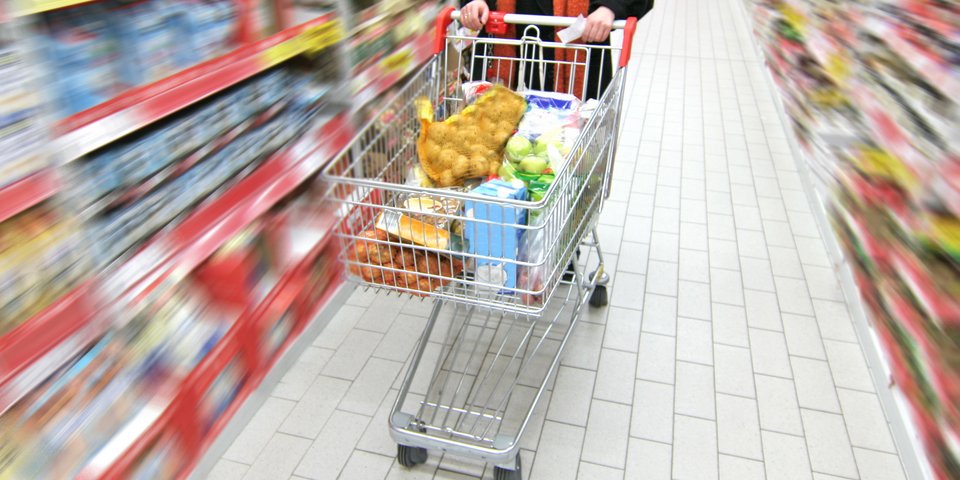 Fotolia/peppi18
Fotolia/peppi18Cross-border aspects in alcohol policy
Estonian Council presidency announces prioritisation of cross-border aspects in alcohol policy and the reduction of alcohol-related harm in the EU.
MS/ST – 11/2017
Europe continues to consume more alcohol than any other region in the world. In low-income sections of society in particular, harmful alcohol consumption is associated with negative social implications and makes a significant contribution to the number of deaths caused by non-communicable diseases (NCDs).
European alcohol policy – a controversial issue
This issue is by no means uncontroversial among member states, as health policy – and with it alcohol policy – essentially falls within their area of responsibility. Experience has nevertheless shown that national legislation within a single market that is largely free of controls is very rarely beneficial, especially where cross-border trade in alcohol is concerned.
The situation is also difficult for the Commission itself. On the one hand, a number of member states – including Scandinavian countries – criticise the Commission for a perceived lack of decisive action. This is manifested in the longstanding debate as to whether or not the Commission should propose a (non-binding) alcohol strategy. On the other hand, it is invariably the member states themselves that reject proposed regulation at EU level, for example in the form of joint pricing.
A conference held in Tallinn in late October 2017 saw member states and experts alike meet to discuss answers to the following questions:
- How can labelling requirements for alcoholic products be adjusted to those for other foodstuffs?
- How can young adults and children be protected against cross-border alcohol advertising?
- Does the voluntary self-regulation of alcohol producers work?
- How can EU member states react to cross-border trade in alcohol?
- How can data on the consumption of alcohol and the impact thereof on human health be gathered and compared between member states?
- What steps should member states and the European Commission take in order to minimize negative alcohol-related consequences?
Cross-border trade in alcohol exacerbates the problem
The incentive to buy alcohol in a neighbouring country is particularly strong in countries characterized by a significant price gap. In some member states, the consumption of alcoholic drinks bought by private persons in another country and brought back across the border accounts for up to 17% of the national consumption of alcoholic drinks – thus undermining national pricing and distribution policies. Countries such as Finland, Lithuania and Slovenia therefore support a reduction in the permissible amount of alcoholic goods that can be carried when crossing a border within the EU.
Introduction of compulsory information on ingredients
Despite containing ingredients that are harmful to human health, many alcoholic drinks are not labelled with lists of ingredients. Given the role played by cross-border trade, discussions are set to focus on whether or not binding EU-wide regulations need to be introduced by the end of 2019 at the latest.
Restrictions on marketing
The European alcohol industry spends around 1.5 billion euros on marketing each year, much of which is invested in television and online advertising. The Estonian Council presidency therefore intends to moot EU-wide advertising bans, for example during sports programmes. Self-regulation within the alcohol industry will also be subjected to critical scrutiny, with the negative issues experienced in connection with voluntary self-regulation in the tobacco industry to be used as a point of reference.
What can we expect?
Estonia will present its conclusions on “Cross-Border Aspects in Alcohol Policy – Tackling Harmful Use of Alcohol” at the end of its Council presidency in December 2017. In doing so, it aims to coordinate and concentrate the efforts of member states in a way which improves the prevention of alcohol-related harm.
For further information see here.
